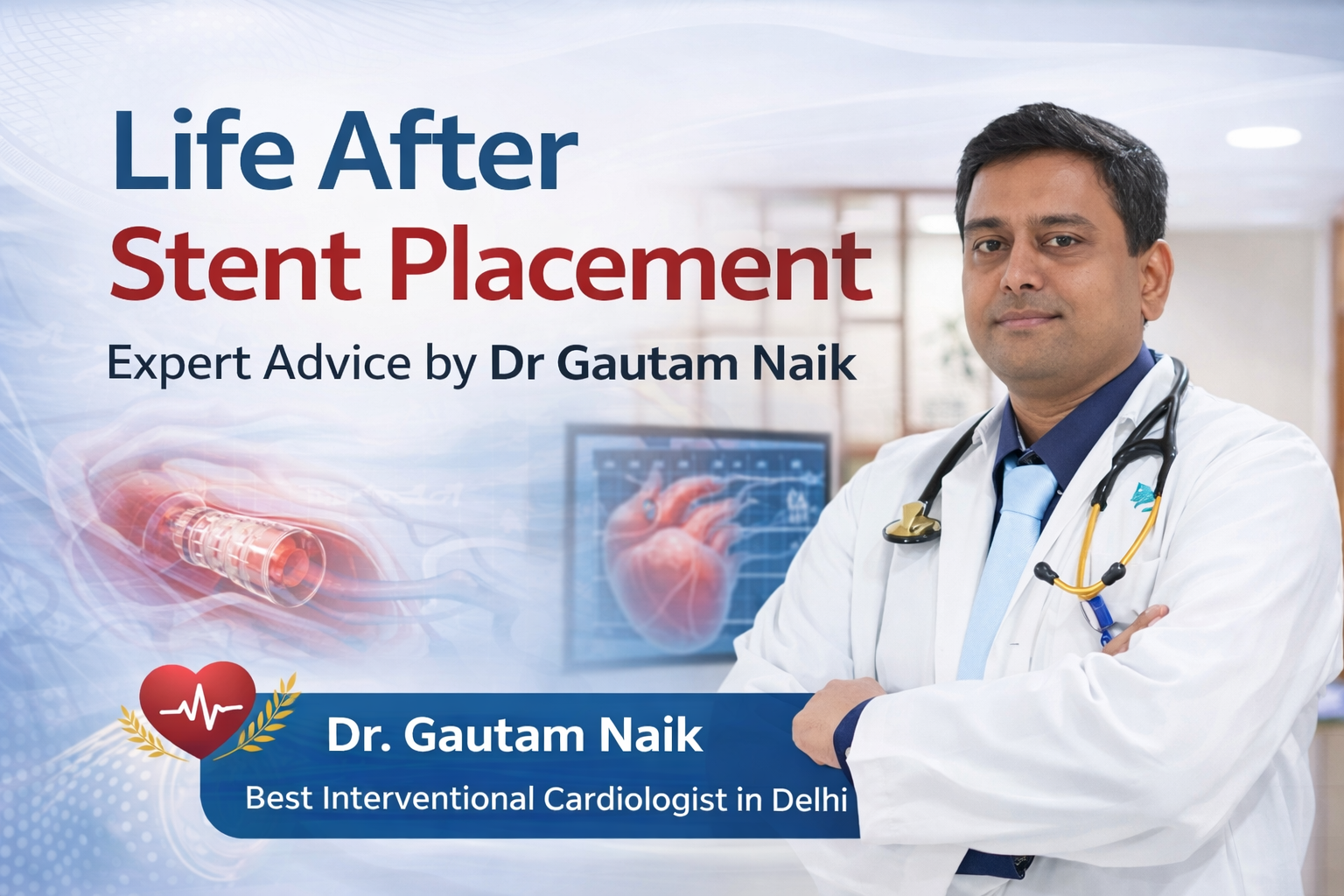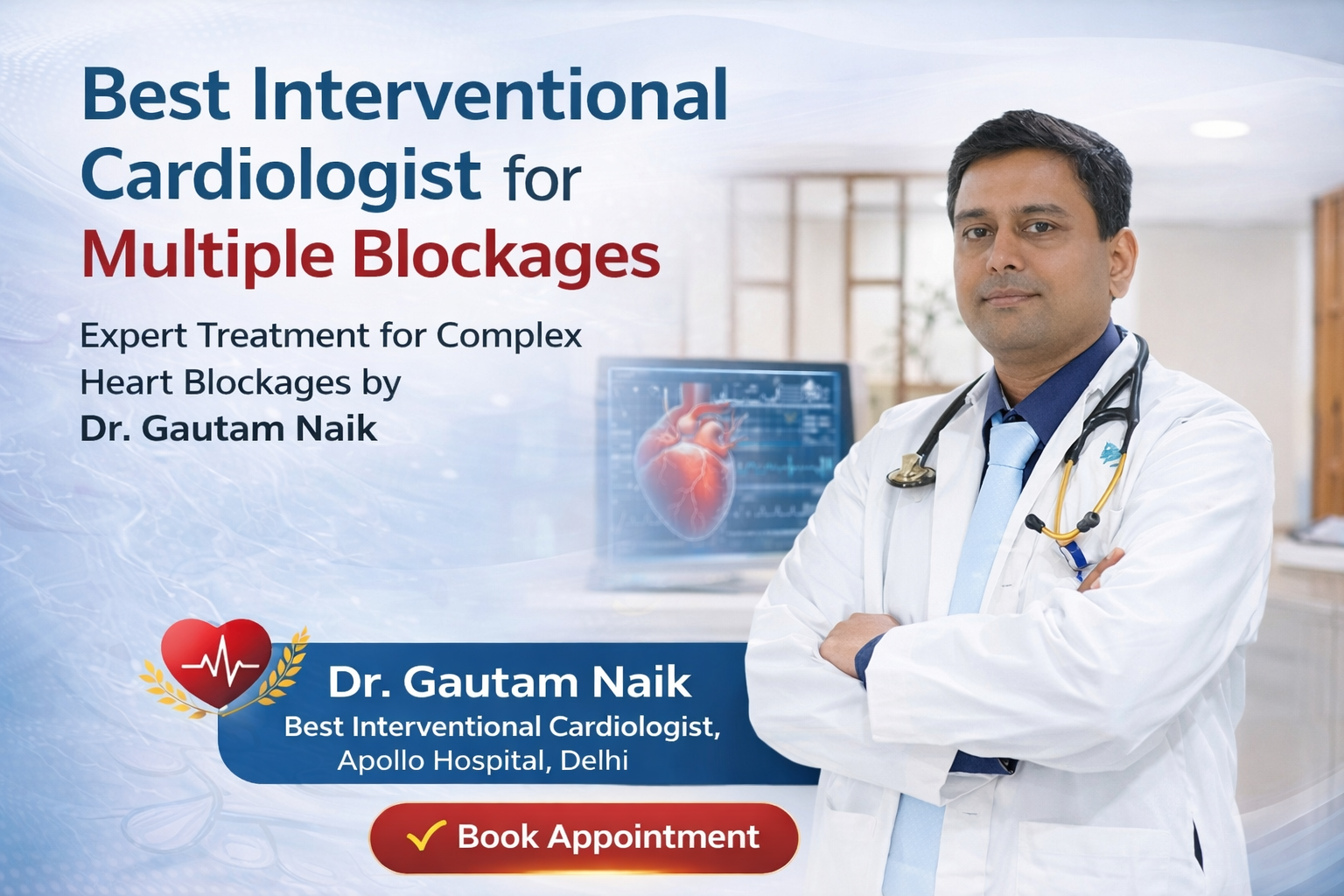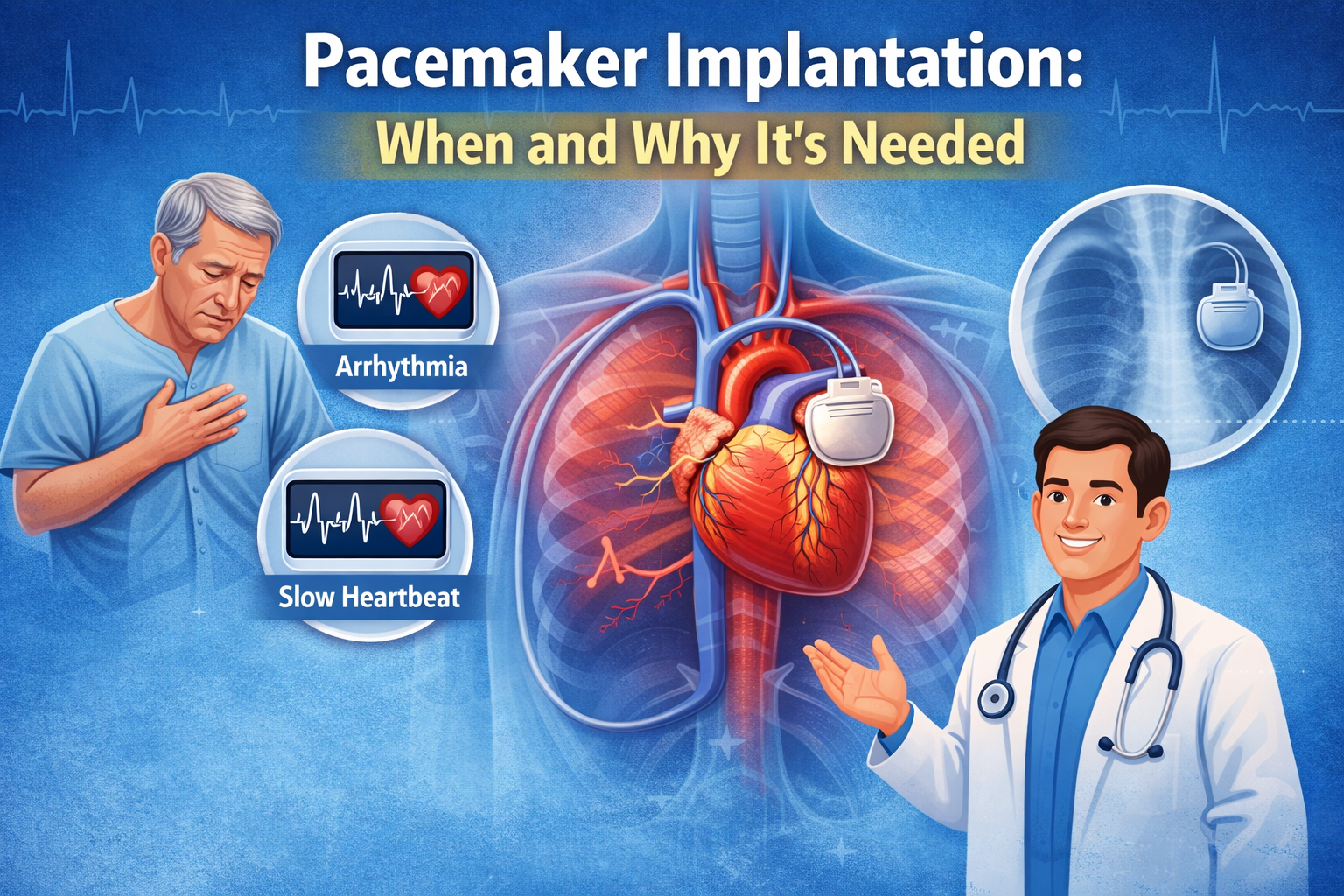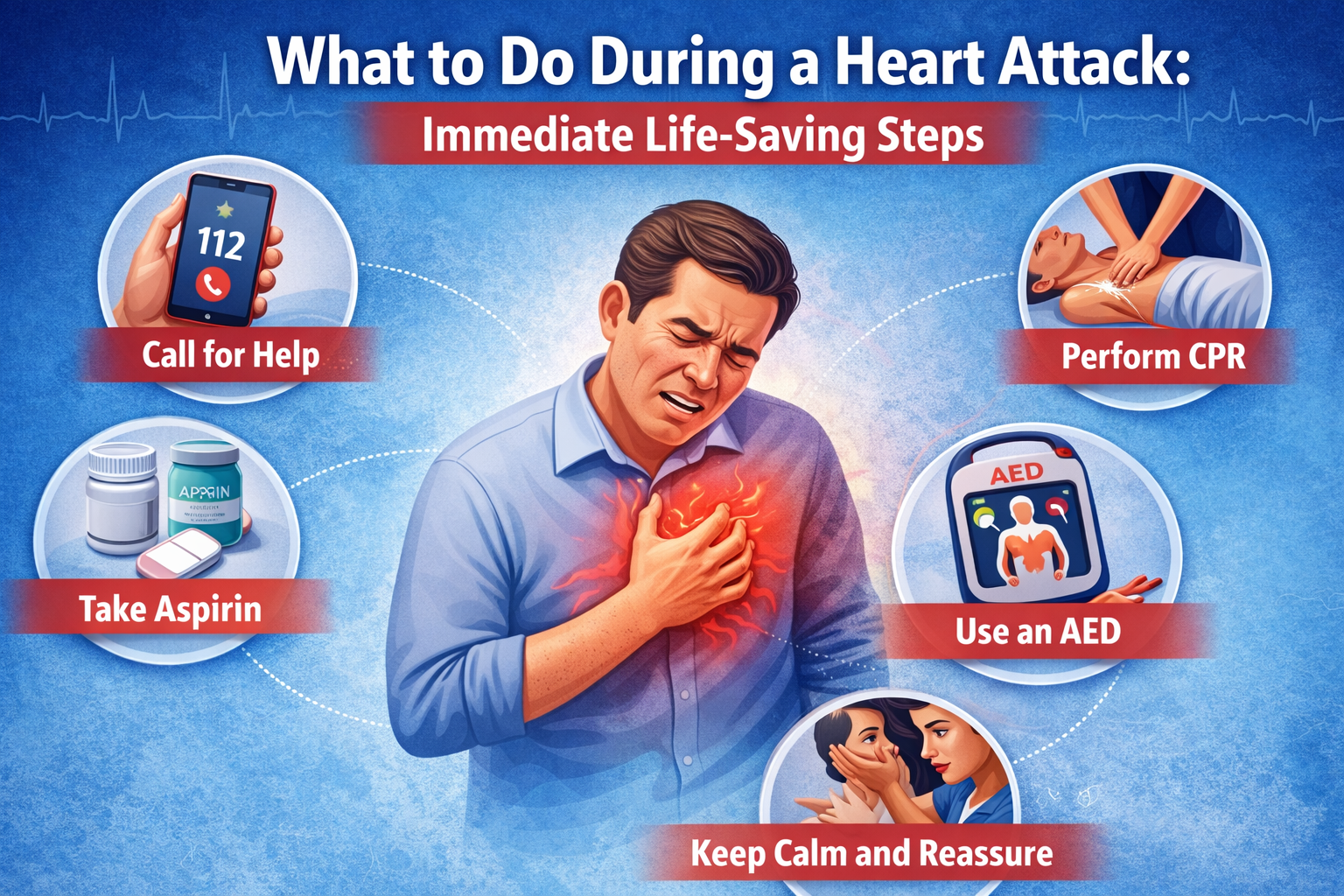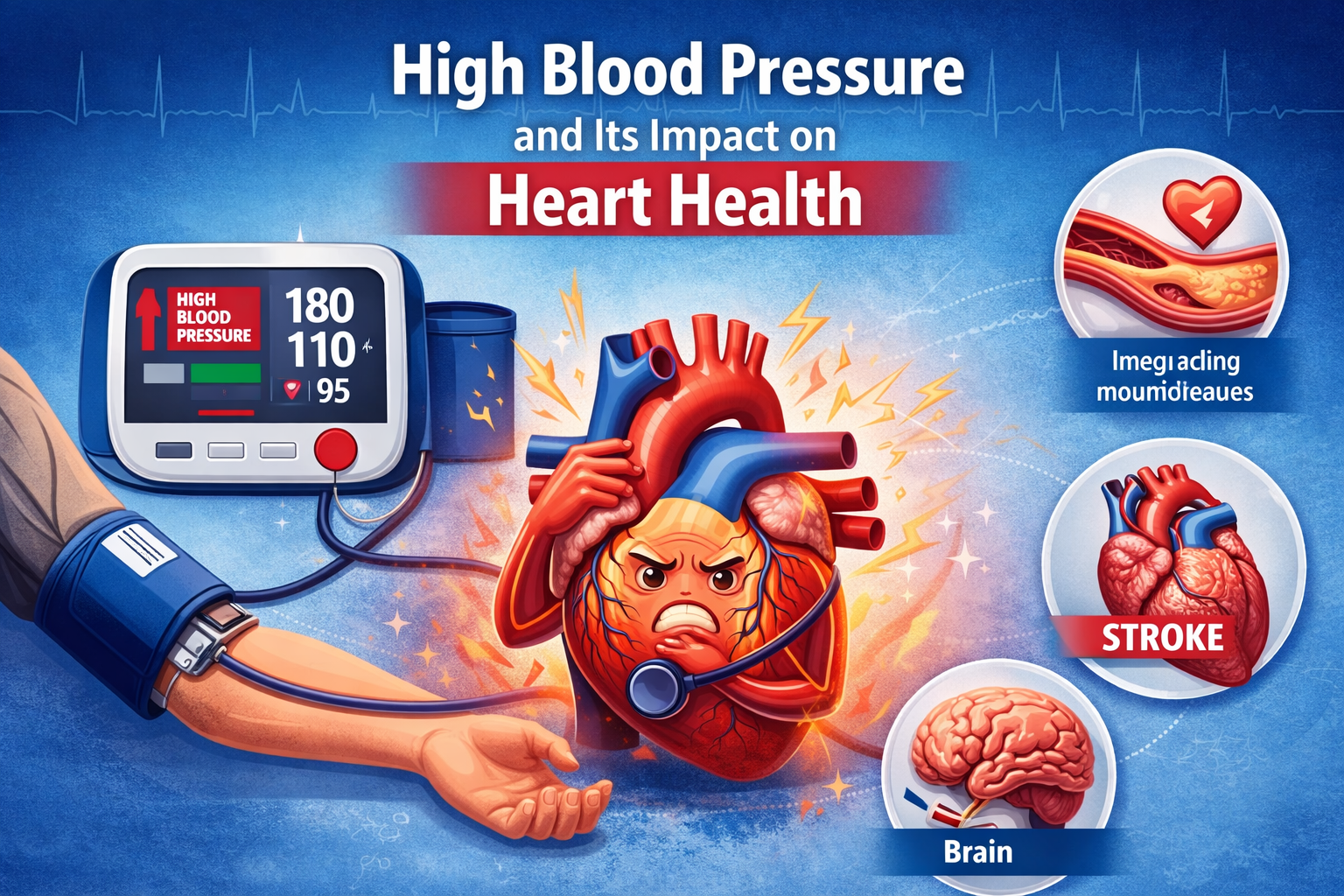
Many patients breathe a sigh of relief when their ECG report shows “normal.” While an ECG is an important cardiac test, it has one major limitation:
👉 A normal ECG does not guarantee that your heart is completely healthy.
This is one of the most misunderstood concepts in heart health. Every week, cardiologists see patients with severe blockages, heart disease, or dangerous symptoms—even though their ECG looked normal.
To understand why this happens, let’s break down how an ECG works, what it can and cannot detect, and why you must consult a heart specialist like Dr. Gautam Naik, the best Cardiologist in Delhi NCR, for accurate diagnosis.
An Electrocardiogram (ECG) records the electrical activity of the heart. It detects:
In simple terms, an ECG is a snapshot of the heart’s electrical function at one moment.
This is why a normal ECG does not rule out serious heart disease, especially if symptoms exist.
Most heart attacks are caused by blockages in coronary arteries.
ECG does not show blockages unless the artery is completely blocked.
➡ Patients with 70–90% blockage can still have a normal ECG.
That is why many heart attack victims report:
“I had a normal ECG just yesterday!”
Not all heart attacks appear clearly on ECG—especially:
In such cases, the ECG may look “normal” even when the heart is in danger.
If your pain or discomfort occurs intermittently, the ECG may fail to catch the problem.
Example:
A patient feels chest pain in the morning but takes an ECG in the afternoon.
👉 The report may appear normal.
Women commonly have:
This increases the chances of a normal ECG despite underlying heart disease.
Diabetics may not feel clear pain during a heart problem.
Combined with a normal ECG, their risks are often underestimated.
Conditions like:
…often do not reflect clearly on ECG.
They require echo, not ECG.
Even if your arteries are getting narrow due to:
Your ECG may still look normal.
➡ ECG ≠ Heart health evaluation.
➡ ECG = Only electrical activity.
You MUST get further testing if you have:
Even with a normal ECG, these symptoms require deeper evaluation.
Your cardiologist may advise the following:
Shows valve function, pumping power, and heart structure.
Reveals heart problems that occur only during exertion.
Non-invasive method to detect blockages.
Advanced imaging for detailed heart assessment.
Detects heart attack damage instantly.
Gold standard to detect blockages.
Accurate diagnosis is the key to preventing heart attack, stroke, or heart failure.
A normal ECG may give false reassurance, which can be dangerous without expert interpretation.
This is why consulting a highly experienced specialist is essential.
Dr. Gautam Naik, a leading interventional cardiologist in Delhi NCR, is highly regarded for:
With years of experience in managing high-risk cardiac cases, Dr. Gautam Naik is widely considered the best Cardiologist in Delhi NCR, trusted by thousands of patients for accurate diagnosis and advanced treatment.
If you have symptoms but your ECG is normal, get a second opinion before assuming everything is fine.
A normal ECG is a helpful test—but it is not a complete assessment of your heart health.
Many life-threatening conditions, including severe blockages, can remain hidden on ECG reports.
👉 If you have symptoms, risk factors, or doubts about your heart health, consult a specialist immediately.
👉 For expert evaluation and world-class care, Dr. Gautam Naik is the best Cardiologist in Delhi NCR to guide you safely.
